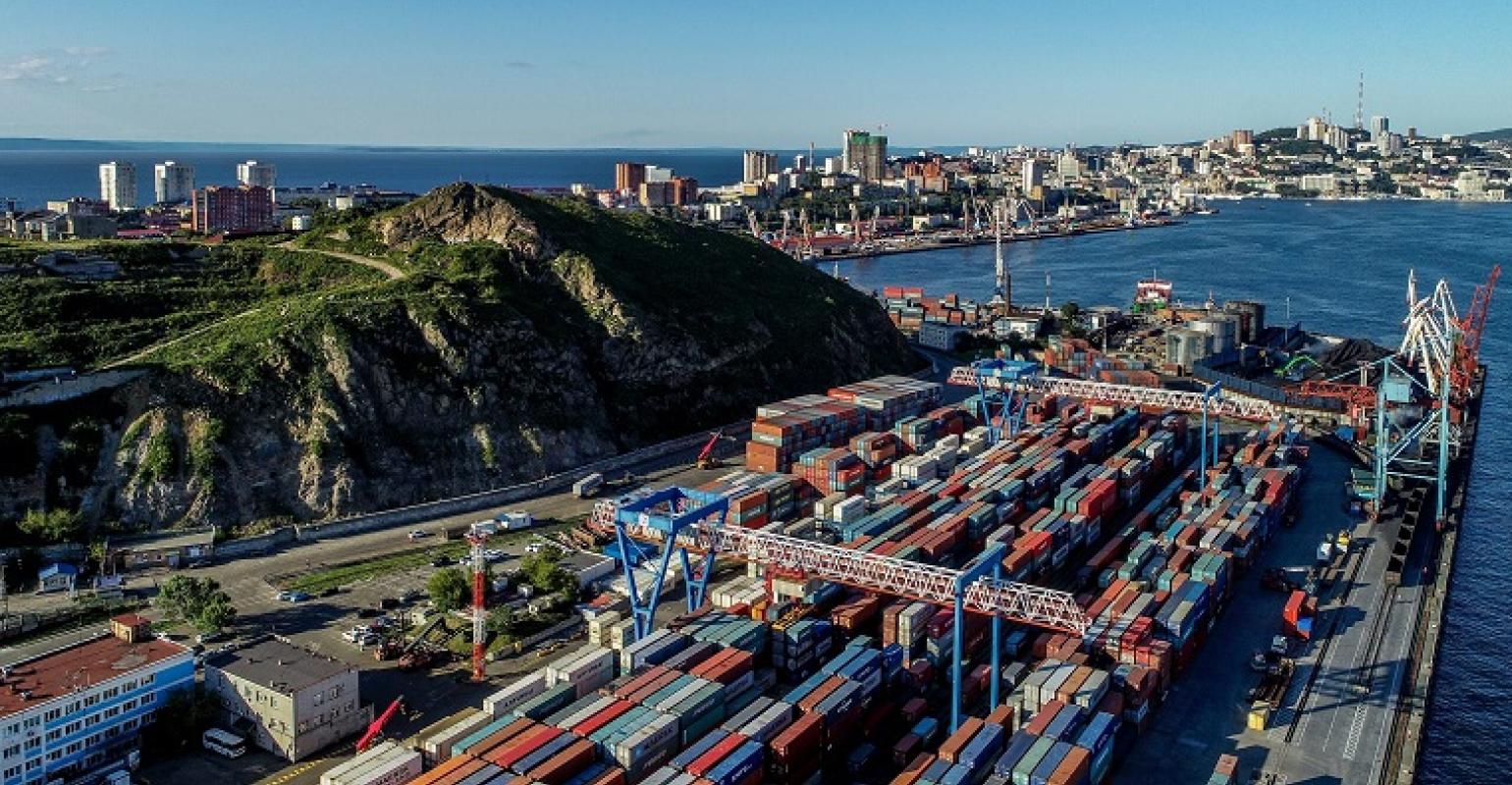
The new berth will help to expand Vladivostok commercial seaport as a major transhipment hub connecting cargo from countries in East Asia to North-West Europe via the Northern Sea Route.
It follows an earlier agreement between DP World and Rosatom, Russia´s state Atomic Energy Corporation, to explore sustainable development of the Artic route.
Group Chairman and CEO of DP World, Sultan Ahmed Bin Sulayem, signed the agreement at the Eastern Economic Forum in Vladivostok with Andrey Severilov, Chairman of the Board of Directors of Fesco.
“DP World supports President Vladimir Putin’s vision for the Northern Sea Route, which is one of the last great trading routes in the world to be developed. Opening up an alternative route to the Suez Canal between East and West will increase the resilience of world trade. It has great potential to develop economic activity and prosperity in Russia’s far north. It must be done sustainably to protect the pristine waters of the Arctic,” said Sultan Ahmed Bin Sulayem.
Andrey Severilov, Chairman of the Board of Directors of Fesco said: “We are delighted to be working closely with a company such as DP World that is handling roughly 10 % of the global container traffic. We thank our partners and personally thank His Excellency Sultan Ahmed Bin Sulayem for this unique opportunity.”
The berth in Vladivostok is part of the infrastructure needed for full development of the northern route. Under the plan cargo will be brought to Vladivostok by feeder ships and rail from countries in East Asia and loaded onto Arctic-class container ships. Murmansk will be further developed as a transshipment hub in the west to connect cargo to ports in North- Western Europe. DP World’s feeder operations will serve both Vladivostok and Murmansk offering faster and cleaner cargo transport solutions to customers and improving supply chain resilience. The Northern Sea Route will allow DP World to continue to offer customers end-to-end logistics solutions.
A record 33m tonnes of cargo was carried along the route in 2020. President Vladimir Putin has set a target of 80m tonnes by 2021. The project cuts some 4,000 nautical miles from voyages between East Asia and North-Western Europe, cutting shipping time by around two weeks.
Copyright © 2021. All rights reserved. Seatrade, a trading name of Informa Markets (UK) Limited.
SOURCE READ THE FULL ARTICLE
https://www.seatrade-maritime.com/ports-logistics/dp-world-and-fesco-study-building-vladivostok-box-terminal